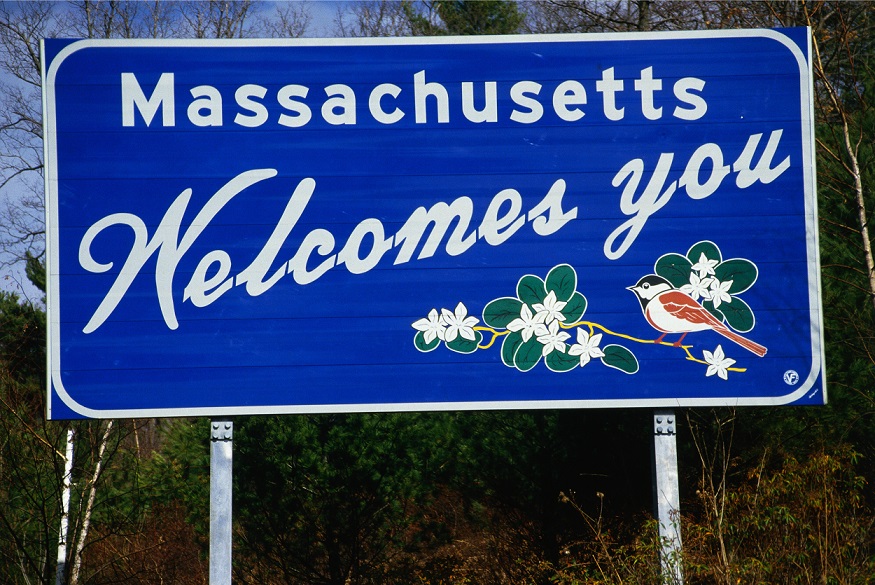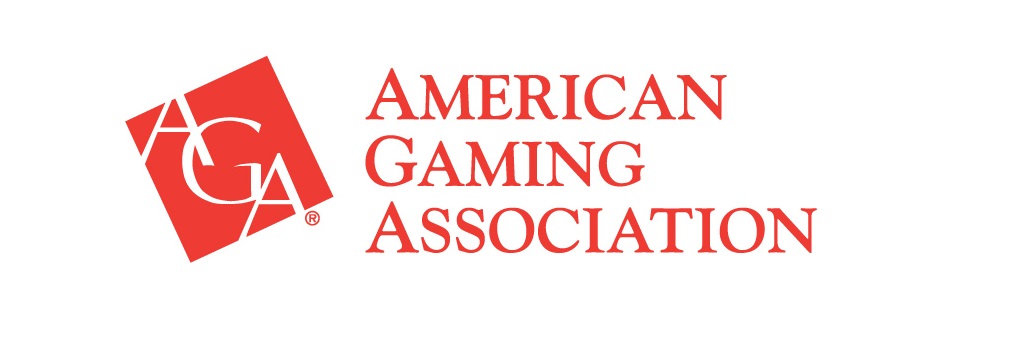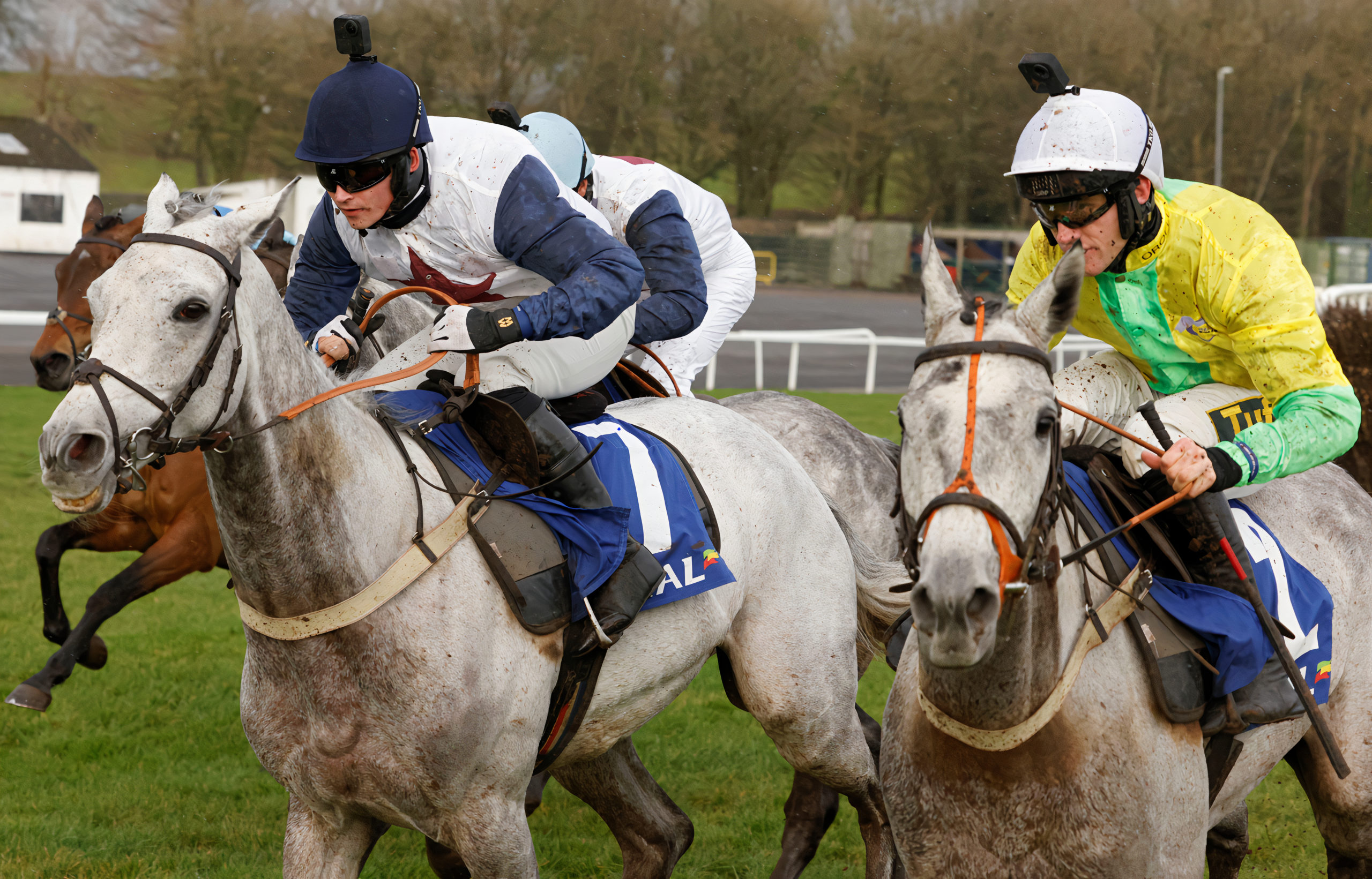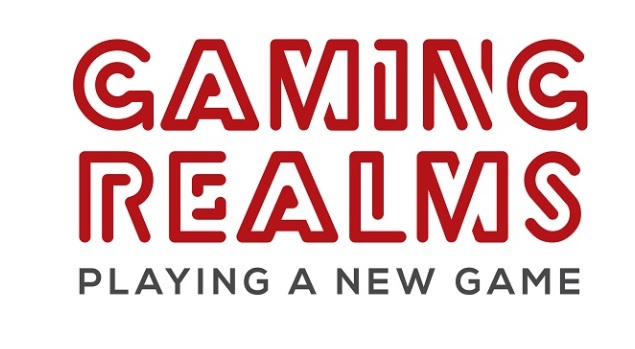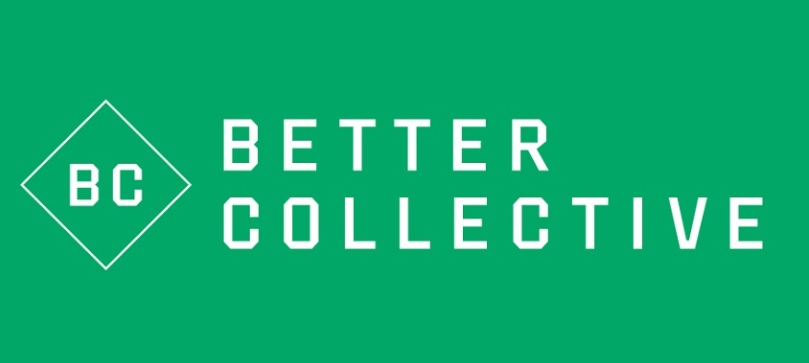The House overwhelmingly approved a bill to legalize sports betting in Massachusetts on 22nd July, but even before the vote, the question of whether to allow wagers on college sports emerged as a major sticking point between the House and Senate.
The House voted 156-3 to pass its sports betting bill (H 3977), something a bipartisan parade of representatives said was long overdue. Reps. Mike Connolly, Russell Holmes and Erika Uyterhoeven cast the three dissenting votes. Some said they hoped the House’s lopsided vote would send a message to the Senate, which has been less enthusiastic about sports betting, that the people of Massachusetts want to bet legally.
“I represent a district which borders New Hampshire. In Haverhill, you can literally walk across the border into New Hampshire and place a bet. I know that my constituents who partake in sports wagering would rather place these bets in their homes and in their own state and would rather have any revenue collected going towards benefiting their home state of Massachusetts,” said Rep. Andy Vargas of Haverhill.
For Rep. Dan Cahill of Lynn, Thursday’s vote was about something even simpler.
“Most important, it’s just fun. People are allowed to have fun,” he said. “And sports betting is fun.”
But even before the House took its vote Thursday to put some pressure on the Senate to act, House Speaker Ronald Mariano drew a line in the sand on Bloomberg Baystate Radio and declared that leaving collegiate betting out of any bill “probably would be” a dealbreaker.
“That’s a great point, but I tend to think it probably would be,” he said, adding that negotiations have not begun. “I find myself having a tough time trying to justify going through all of this to not include probably the main driver of betting in the commonwealth.”
Massachusetts has been considering whether to expand gambling here since the U.S. Supreme Court in May 2018 ruled that the nearly nationwide prohibition on sports wagering was unconstitutional and gave states the ability to legalize the activity.
“Some may say that this is bringing sports betting to Massachusetts. The fact is that our Massachusetts residents are already betting on sports. They’re either taking that short drive up to New Hampshire or to Rhode Island, where it’s legal, or they’re also going on their phones and using offshore applications, those sportsbooks, to bet or they’re also going to a bookie,” Rep. Jerald Parisella, who chairs the Committee on Economic Development, said while outlining the bill for the House on Thursday. “But what this does do is it brings it out of the shadows and into the light, and makes it legal in Massachusetts.”
Thirty states, including neighboring Rhode Island, Connecticut, New Hampshire and New York, have authorized gamblers to place legal bets on sports in some fashion. Meanwhile, illicit gambling continues to attract bettors in Massachusetts as well.
“We’re surrounded,” Parisella said.
The House bill would put sports betting under the purview of the Gaming Commission, require that all bettors be at least 21 years old and physically present in Massachusetts, and implement numerous consumer safeguards to protect against problem gambling similar to those put in place for casinos when Massachusetts expanded gaming in 2011.
MGM Springfield, Encore Boston Harbor, Plainridge Park Casino, the state’s two simulcasting facilities and racetracks that host live horse racing (right now the only one is at Plainridge Park) would be granted licenses to take in-person wagers as long as they meet rules and requirements of the Gaming Commission. They would be allowed to have between one and three mobile sports betting platforms, depending on the facility. Mobile-only operators could also seek licenses and every license would carry a $5 million fee.
“We estimate if all those licenses go out, the commonwealth could get $70 to $80 million just in licensing fees,” Parisella said Thursday.
A sportsbook’s revenue from in-person bets would be taxed at 12.5% and revenue from mobile wagers at 15%. Parisella said the higher tax on mobile operators recognizes the added costs that brick-and-mortar facilities would have and aims to drive customers to businesses that employ people in Massachusetts.
“I believe a conservative estimate is that we’ll raise about $60 million annually from the taxes on the sports betting,” Parisella said, citing a number higher than most previous estimates for sports betting in Massachusetts. “And as it gets matured, we believe that those numbers could rise.”
If college betting is not allowed, Mariano said, the revenue estimate would drop to between $25 million and $35 million annually.
“We are hopeful that the legislature will move quickly to establish a regulated market that will create jobs, protect consumers, and support the many Massachusetts businesses that are losing customers to neighboring states right now,” DraftKings Vice President of Government Affairs Griffin Finan said. “The time to act is now. We look forward to continuing to work with both branches to get a final bill over the goal line.”
An additional 1% tax would be levied on wagers placed on sporting events held in Massachusetts to be distributed proportionately between the facilities that hosted the events to be used for “sports wagering security and integrity.”
Source: WBUR News


